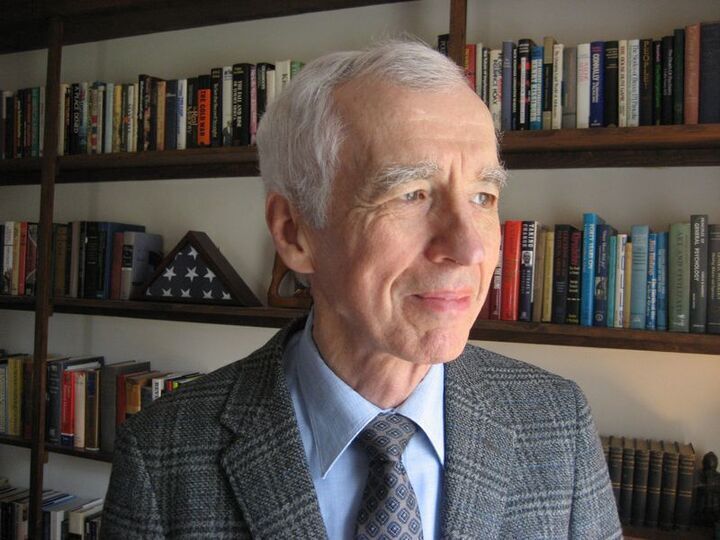
TABNAK– Professor Paul Pillar, who was CIA intelligence analyst for 28 years, says Meeting between Biden and Pezeshkian is unlikely.
“The U.S. election is a factor, in that Biden and his political advisors probably judge that any meeting with an Iranian leader at this point would be heavily criticized by the Republicans and would not help Kamala Harris's election chances,” Pillar told Tabnak News Agency.
Following is the full text of the interview.
Q: Massoud Pezeshkian has traveled to New York to attend the meeting of the United Nations General Assembly. Some media have raised the possibility of his meeting with Joe Biden. What is the importance of the Pezeshkian trip and is there a possibility of meeting with Biden?
A: The trip, and the likelihood of holding sidebar meetings with other world leaders, may be seen as part of President Pezeshkian's stated intention to reinvigorate Iranian diplomacy and foster positive relations with a wide range of countries. I think a meeting with Biden is unlikely, however. The U.S. election is a factor, in that Biden and his political advisors probably judge that any meeting with an Iranian leader at this point would be heavily criticized by the Republicans and would not help Kamala Harris's election chances.
Q: Iranian Foreign Minister Abbas Araghchi has announced that “I will stay in New York for a few more days than the president and will have more meetings with the foreign ministers of more countries; our effort is to start a new round of negotiations regarding the nuclear issue. We are ready for it, and if the other side is ready for it, we can have a new start of negotiations during this trip.” Can this trip be the beginning of nuclear talks?
A: The nuclear issue no doubt will be a leading subject in many of Foreign Minister Araghchi's discussions. Such discussions can best be described as exploratory and aimed at getting a better sense of what may or may not be possible in any new negotiations. However, I do not believe that we will be hearing anything during the General Assembly session about a formal start to negotiations. Again, the U.S. election plays into this as far as the Biden administration's position on this issue is concerned.
Q: If Europe enters nuclear talks with Iran, will these talks be coordinated by the US?
A: The Europeans mostly want to try to make a positive contribution toward a new nuclear agreement with Iran by serving as a way to get around obstacles that would exist in any bilateral U.S.-Iranian negotiations. At the same time, the Europeans realize that Washington is where some of the most important decisions will have to be made if there is to be any new nuclear agreement. There is bound to be some sort of coordination between the principal European players and the U.S. government regarding any talks on this subject.
Q: Araghchi had said before that it doesn't matter to Iran who he talks to in America. It means that Iran has a plan to talk with Harris or Trump. This shows that Iran has a plan to solve the nuclear problem and lift the sanctions. What is your assessment?
A: I think this statement significantly understates the difference in the situation Iran would be facing if Trump wins the election rather than Harris. Trump is the president who discarded the JCPOA in 2018 despite Iranian compliance with the agreement's restrictions. Trump's continued posture regarding the Middle East is based mainly on giving the Israeli government whatever it wants, and that government wants no agreement, on anything, with Iran. The only basis for hope that a Trump administration might be open to some sort of agreement with Iran is his desire to claim that he could get a "better deal" than his Democratic predecessor did--similar to what he did with North American trade--whether or not his own deal is really any better. However, more likely, a Trump administration's policy toward Iran would just be more “maximum pressure”.